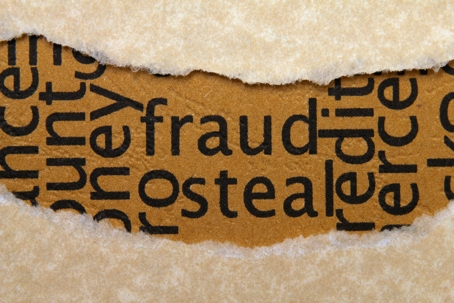
Massachusetts divorce lawyer Jason V. Owens reviews how fraudulent conveyances can affect the division of assets in a Massachusetts divorce.
A recent unpublished opinion of the Massachusetts Appeals court, Wansiewicz v. Wansiewicz, No. 14-P-1434 (Mass. App. Ct. Sept. 3, 2015), illustrates how probate and family court judges address situations in which a spouse transfers marital property in an effort to deprive the other spouse in an upcoming divorce. In Wansiewicz, the husband and wife had resided in a home that was co-owned by husband and his mother (i.e. paternal grandmother) for a decade before the divorce. Six weeks after the husband and wife separated, husband executed a deed transferring 100% of the home into a revocable trust held solely in the grandmother’s name. Husband argued that the home could not be divided in the divorce, because it was owned solely by the grandmother’s trust, which provided that husband would inherit the home after grandmother died.
In Wansiewicz, the Appeals Court held that the husband’s transferred the marital home to his mother to deprive the wife of a marital asset.
Although the Appeals Court (like the probate and family court judge who heard the divorce trial) fell short of declaring the transfer a “fraudulent conveyance, the Court clearly believed that husband had colluded with the grandmother to deprive wife of her share of the property in the divorce. The Appeals Court held as follows:
In the unusual circumstances of this case, we conclude that the husband’s future acquisition of the home was sufficiently certain so as to include it in the marital estate for § 34 purposes. The husband had long lived in the home, had contributed to its expenses, and had been, formerly, and until the parties’ separation, a joint owner of the property with his elderly mother. Moreover, the judge found that the husband “had control over the creation of the . . . Trust, the terms of the trust wherein he was named the beneficiary with reference to the home], and the decision to transfer the marital home into trust.” The judge found that there was nothing in the husband’s testimony to suggest that the grandmother ever intended to “market the property.” Rather, the husband’s actions, the judge stated, were evidence of the husband’s “manipulation of the property” to prevent the wife from claiming an interest in the home. Indeed, subsequent to the parties’ separation and the transfer of the property to the trust, the husband continued to live in the home and continued to claim Residential Energy Credits on his individual Federal tax returns.
The Appeals Court affirmed the probate and family court judge’s solution, which was to order that the equity in the home be split equally between the parties within 45 days of the grandmother’s death. Ordinarily, a spouse’s expectancy interest in a third party’s revocable trust would not be considered a divisible asset, where the third party could modify the trust before his or her death. The Wansiewicz decision illustrates, however, that probate and family court judges are not bound by the “ordinary rules” when faced by a spouse who has transferred or wasted assets in anticipation of a divorce for the purpose of depriving the other spouse.
About the Author: Jason V. Owens is a Massachusetts divorce lawyer and family law attorney for Lynch & Owens, located in Hingham, Massachusetts and East Sandwich, Massachusetts. He is also a mediator for South Shore Divorce Mediation.
Schedule a consultation with Jason V. Owens today at (781) 253-2049 or send him an email.

